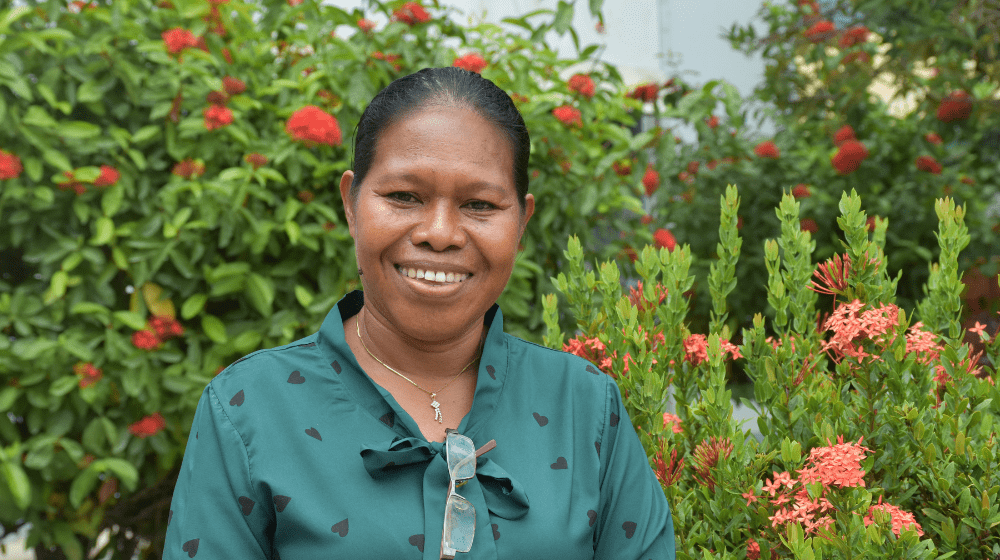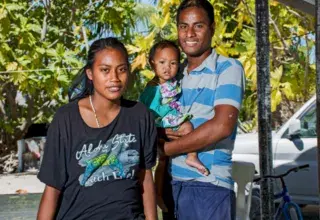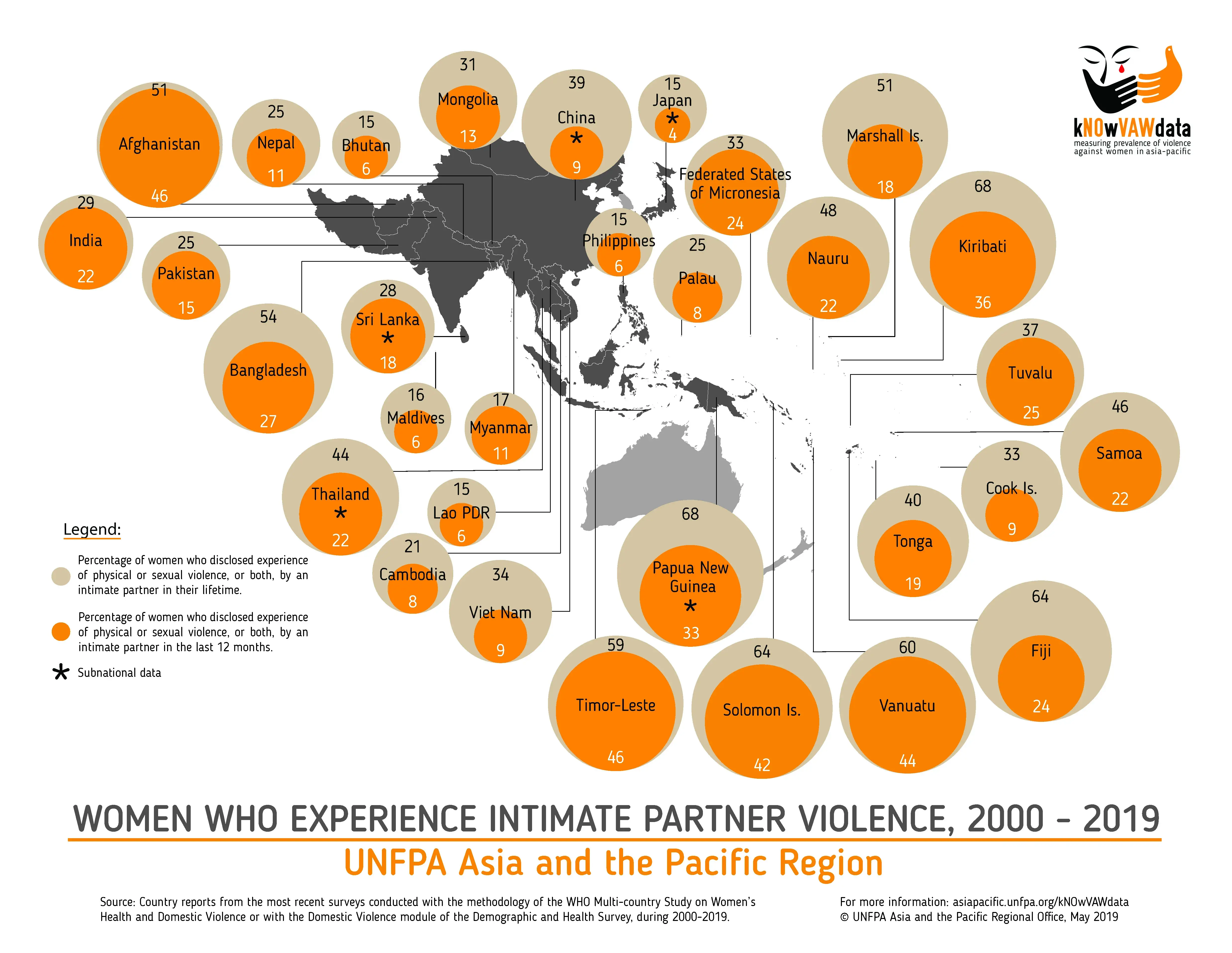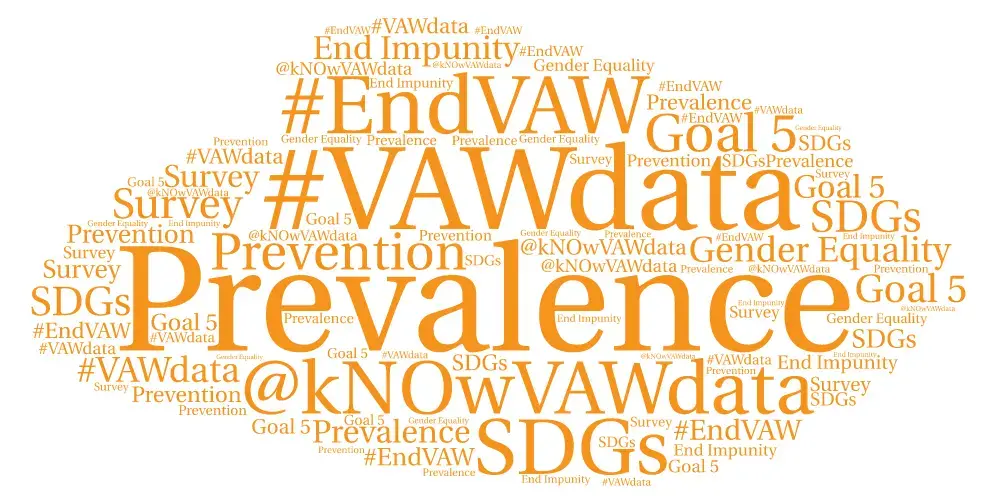“Violence like this happens every day,” shared Dulce. “My responsibility as a health provider is to help women find their way. I do not solve their problems but I tell them about all services available, such as legal counseling, health, psychosocial support.”
In one of Timor Leste’s largest coastal towns, midwife Dulce treats women who have experienced domestic violence. Specifically, Dulce sees pregnant women, often brought to the Community Health Centre by police.
Treating pregnant women who have suffered abuse by their partners on a regular basis, Dulce is proud of the critical role that health workers like her play in helping treat these women and share with them information about the services available to them.
“For pregnant women, domestic violence is a risk for themselves and their baby. But many women don’t want to report it because they are dependent on their husband. Some women are scared.”
Empowering Survivors to Make Informed Choices
Dulce shared her experience of treating a woman who was pregnant.
“The woman was worried about her baby’s condition,” recalled Dulce. “So this woman had come with the police for me to check on the baby. I talked to the woman in a private space and I asked her for her story.”
“Despite the violence, her baby was healthy but this woman had not come to the hospital for an antenatal check up before, so I issued her with a health book for her to track her pregnancy at home. She wanted to go home to her two other children.”
Dulce joined UNFPA’s training on survivor-centred care for health workers, funded by Zonta International. Central to this training is teaching health care workers the importance of respecting a survivor’s decisions about her own health and safety. Health workers are provided with strategies to identify survivors of violence, outlines for how to speak with them about their experiences, and how to inform them of the pathways available should they want to seek police, safe house, or financial support.
“These women have the right to live free from violence,” said Dulce. “From this training, we have gained skills to be able to provide consistent and quality care according to the best practice guidelines.”
Trained personnel, quality facilities
In 2022, UNFPA Timor Leste joined the Ministry of Health in opening the Liquiçá Basic Emergency Obstetric and Newborn Care (BEmONC) centre of excellence. Earlier this year, with funding from Zonta International, UNFPA opened a new safe space for survivors of gender-based violence at Liquiçá Community Health Centre. These recent additions to health infrastructure and services in the municipality complement the training of medical personnel to ensure women and girls have access to health providers who have the knowledge, skills, spaces, and equipment they need to provide the best quality of care.
Though Dulce is sometimes stretched thin at the health facility - working in the labour ward and supporting community health programs in addition to providing care for survivors of domestic violence - she is working to ensure that every woman she sees who has experienced gender-based violence receives the time and compassion she needs. Whether that woman decides to pursue the case in court or return home, Dulce can be confident she has provided the best information and counselling to help her choose her way.





